The Ministry of Health has just issued a warning that about 70%-90% of adults in our country are infected with Helicobacter Pylori (HP). This is the main cause of stomach and duodenal diseases and is a factor causing stomach cancer. Faced with this concern, many people rush to get screened, tested, treated... However, according to medical experts, the treatment of this strain of bacteria should be understood correctly in order to be treated most effectively.
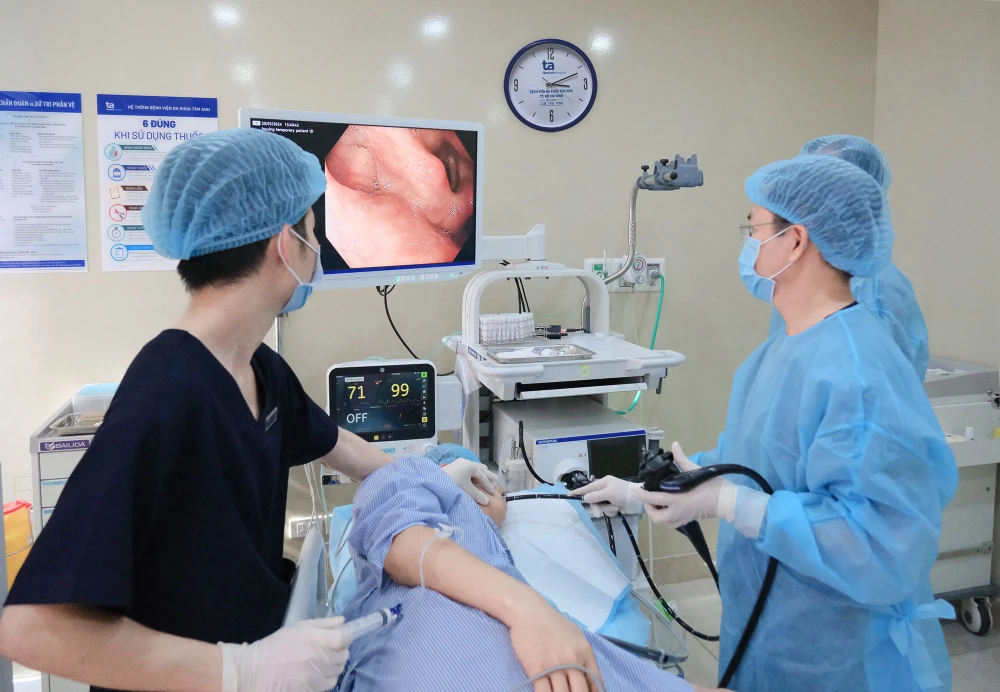
Common bacteria, causing many complications
Coming to the hospital with a weak body and a poor appetite for a long time, Ms. Nguyen Minh Nguyet (34 years old, living in Binh Tan district, Ho Chi Minh City) was worried when she discovered she was infected with HP bacteria. She said that more than a month ago, when she had symptoms of epigastric pain, dull pain, loss of appetite, fatigue..., she thought she had a digestive disease so she used probiotics, but the symptoms did not improve. When she went to the hospital for a gastroduodenoscopy, the doctors said that her stomach lining was edematous, congested with many inflammatory nodules... A quick test showed a positive result for HP bacteria.
Previously, a boy (11 years old, living in Dong Nai province) went to the doctor because he was underweight, weak, full quickly, had frequent upper abdominal pain, and occasionally vomited. The family changed his diet because they thought he had a poor appetite, but his health did not improve. The results of a quick test and endoscopy showed that the boy was positive for HP bacteria and had many inflamed spots in his stomach.
According to Associate Professor, Doctor, Doctor Bui Huu Hoang, Professional Consultant of Ho Chi Minh City University of Medicine and Pharmacy Hospital, recently, the hospital has received many patients for endoscopy, detecting moderate to severe nodular gastritis due to HP bacteria infection. In Vietnam, the rate of HP bacteria infection in adults accounts for more than 70%. This bacteria lives in the stomach, secreting a number of toxins that can destroy the protective layer of the stomach lining, causing many diseases such as acute gastritis, chronic gastritis, gastric - duodenal ulcers, stomach cancer. Some studies show that people infected with HP bacteria have a 2-6 times higher risk of stomach cancer than people who are not infected. HP bacteria are also the cause of a form of lymphocytic cancer in the stomach lining, immune thrombocytopenic purpura, iron deficiency anemia of unknown cause or chronic urticaria, atopic dermatitis...
Dr. Tran Thanh Binh, Tam Anh General Hospital, Ho Chi Minh City, said that the rate of children with gastritis caused by HP bacteria is quite high, especially children in the weaning and nursery stage (2-6 years old). At this age, children do not know how to practice hygiene when eating and drinking, and often eat and drink with adults, so they are at risk of infection. "If the family has a father or mother infected with HP bacteria, the risk of infection for children is 30%-50%. In cases where the father and mother are infected with HP bacteria, the risk of children getting the disease is up to 70%-80%. In addition, the source of infection is also from classmates and other relatives in the family, due to the process of eating and drinking together. Children in this case are very likely to have been infected with HP bacteria early in the family", Dr. Tran Thanh Binh said.
Understand to treat properly
Associate Professor, Doctor, Doctor Bui Huu Hoang informed that although HP bacteria can lead to dangerous complications, not everyone infected with HP bacteria will have a bad progression. This depends on genetic factors, the toxicity of the HP bacteria strain and the patient's diet and lifestyle. Some people are infected with HP bacteria in a latent, stable form, without causing symptoms, but instead of regular monitoring as prescribed by the doctor, they are too worried, leading to expensive treatment, causing many unnecessary side effects. The treatment regimen for HP bacteria for patients with indications includes at least 2 types of antibiotics and is usually treated for 14 days, after which anti-acid drugs can be taken to help heal stomach lesions and reduce symptoms. Drugs to treat HP bacteria often have many side effects and different ways of use, so patients need to be consulted by a doctor and given detailed instructions on how to use the drug, avoiding arbitrarily stopping the drug, affecting the treatment results, increasing the risk of dangerous complications.
HP bacteria is the leading cause of gastric and duodenal ulcers. Parents should pay attention to prevention, train children to use their own personal items; give children cooked food, boiled water, and adequate nutrition. When children show symptoms of suspected abdominal pain, digestive disorders, vomiting, and prolonged fatigue, they should be taken to reputable medical facilities for examination, timely detection, and treatment regimen. During treatment, children should rest, avoid stress, anxiety, and return for follow-up visits as scheduled by the doctor.
“To prevent diseases caused by HP bacteria, people need to follow food hygiene measures such as eating cooked food, drinking boiled water, washing hands before eating and after going to the toilet, and not sharing eating utensils. It is necessary to choose restaurants and foods that ensure hygiene. When detecting HP bacteria infection, you must see a doctor for advice and strictly follow the treatment regimen to achieve the results of eliminating HP bacteria; at the same time, screen and treat people living together and eating together to avoid re-infection after successful treatment,” Associate Professor, Doctor, Doctor Bui Huu Hoang recommended.
Statistics from the Ministry of Health show that about 10%-20% of cases infected with HP bacteria are at risk of gastric and duodenal ulcers and 1%-2% are at risk of stomach cancer. HP bacteria are transmitted through many different routes, such as: mouth - mouth (due to contact with saliva or digestive fluids of people carrying the virus), feces - mouth (unhygienic living and eating habits), stomach - mouth (infected from medical equipment such as endoscopes, dental equipment due to failure to ensure sterilization procedures).
THANH AN
Source: https://www.sggp.org.vn/noi-lo-nguoi-truong-thanh-nhiem-vi-khuan-hp-gia-tang-post750172.html



![[Photo] National Assembly Chairman Tran Thanh Man meets with outstanding workers in the oil and gas industry](https://vstatic.vietnam.vn/vietnam/resource/IMAGE/2025/4/17/1d0de4026b75434ab34279624db7ee4a)
![[Photo] General Secretary To Lam receives CEO of Warburg Pincus Investment Fund (USA)](https://vstatic.vietnam.vn/vietnam/resource/IMAGE/2025/4/18/7cf9375299164ea1a7ee9dcb4b04166a)
![[Photo] Closing of the 4th Summit of the Partnership for Green Growth and the Global Goals](https://vstatic.vietnam.vn/vietnam/resource/IMAGE/2025/4/17/c0a0df9852c84e58be0a8b939189c85a)
![[Photo] The beauty of Ho Chi Minh City - a modern "super city" after 50 years of liberation](https://vstatic.vietnam.vn/vietnam/resource/IMAGE/2025/4/18/81f27acd8889496990ec53efad1c5399)
![[Photo] Nhan Dan Newspaper announces the project "Love Vietnam so much"](https://vstatic.vietnam.vn/vietnam/resource/IMAGE/2025/4/17/362f882012d3432783fc92fab1b3e980)


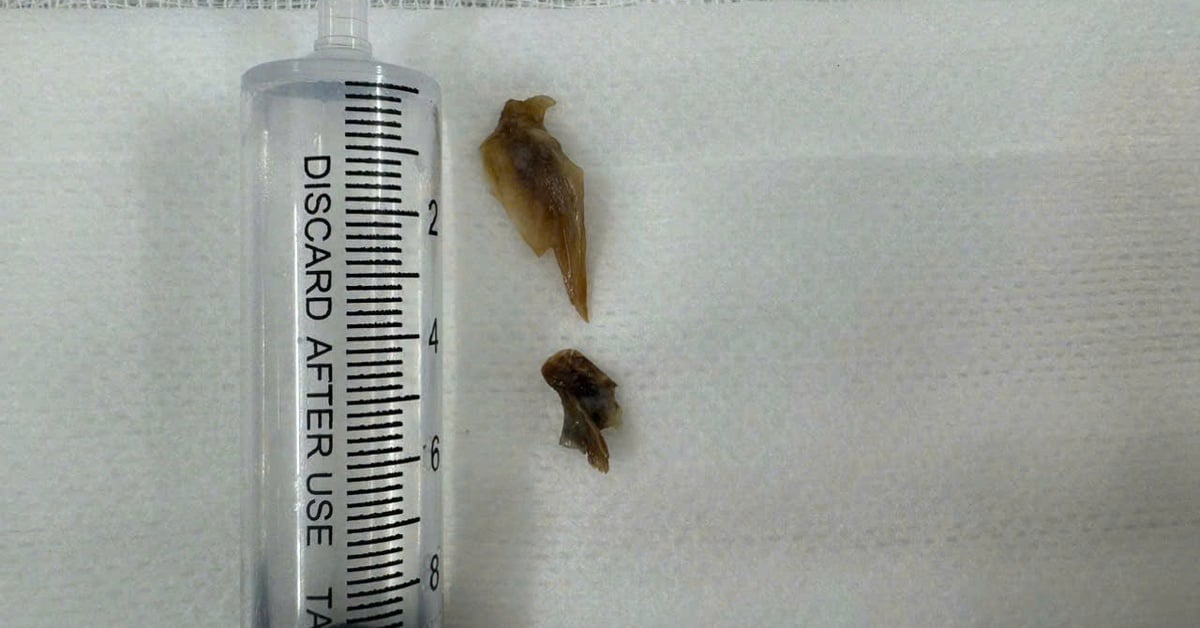
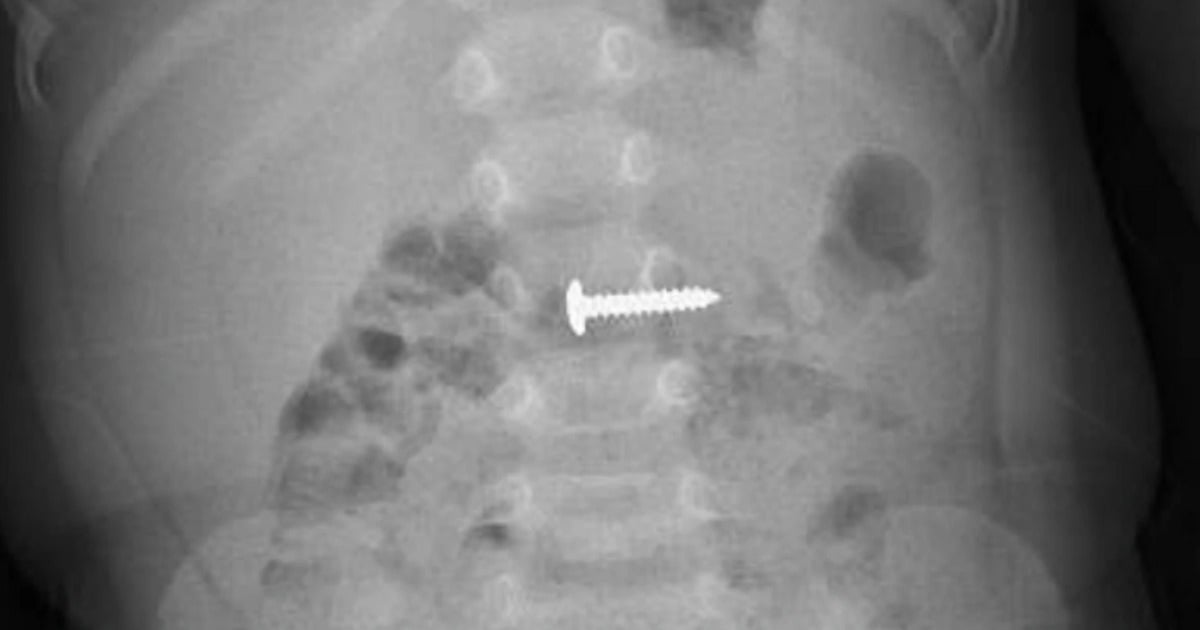


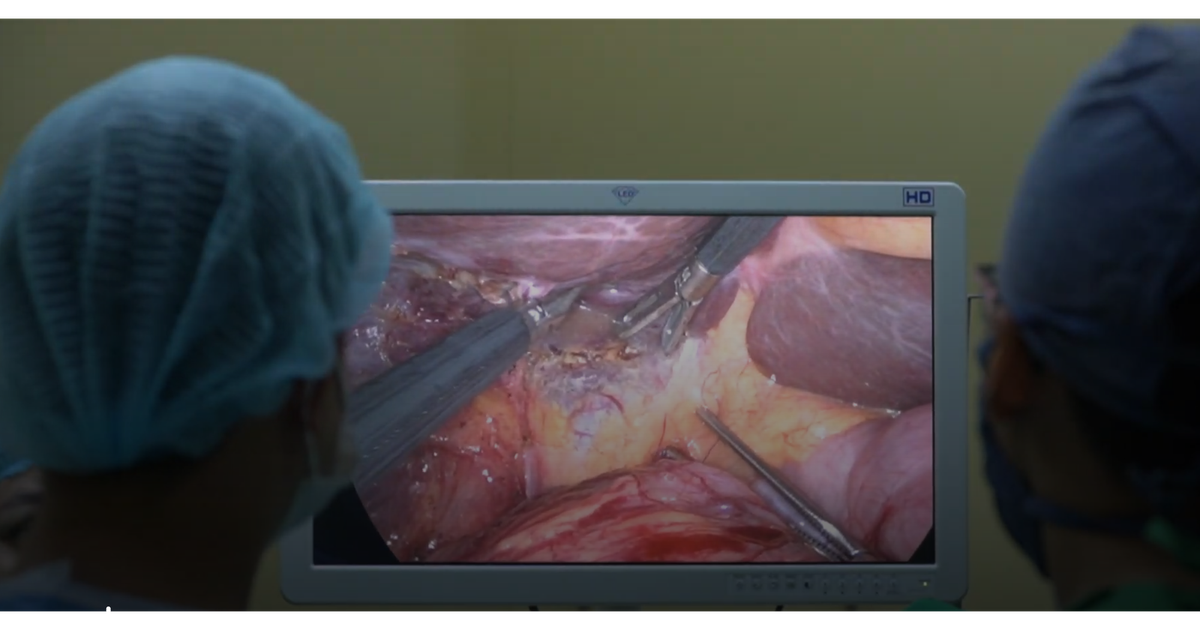

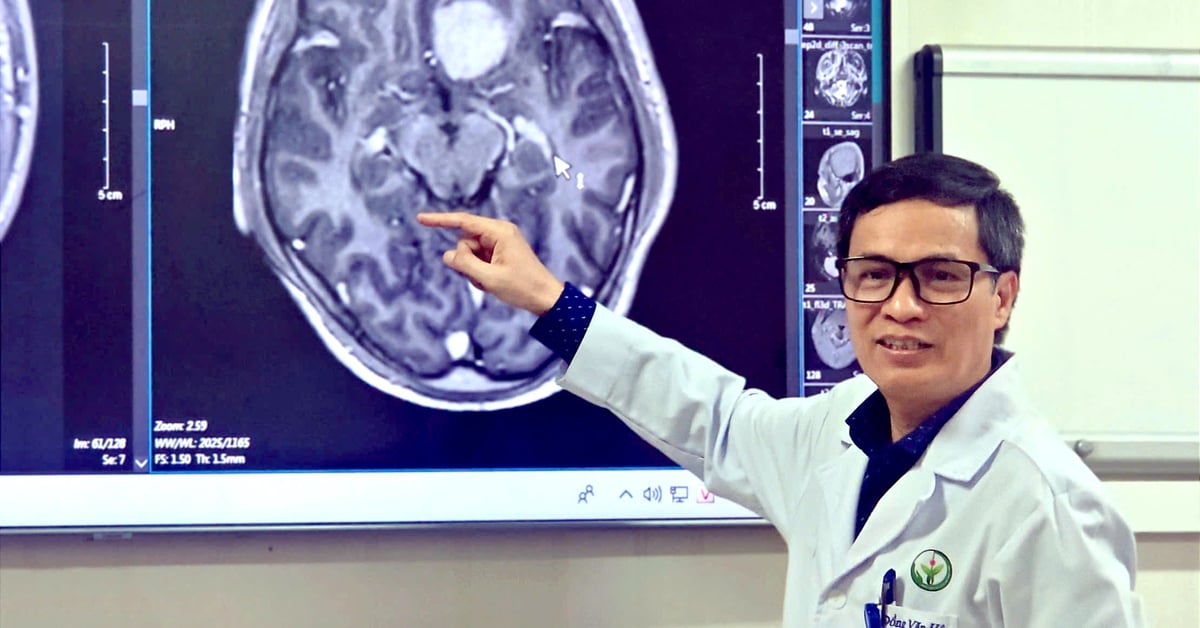










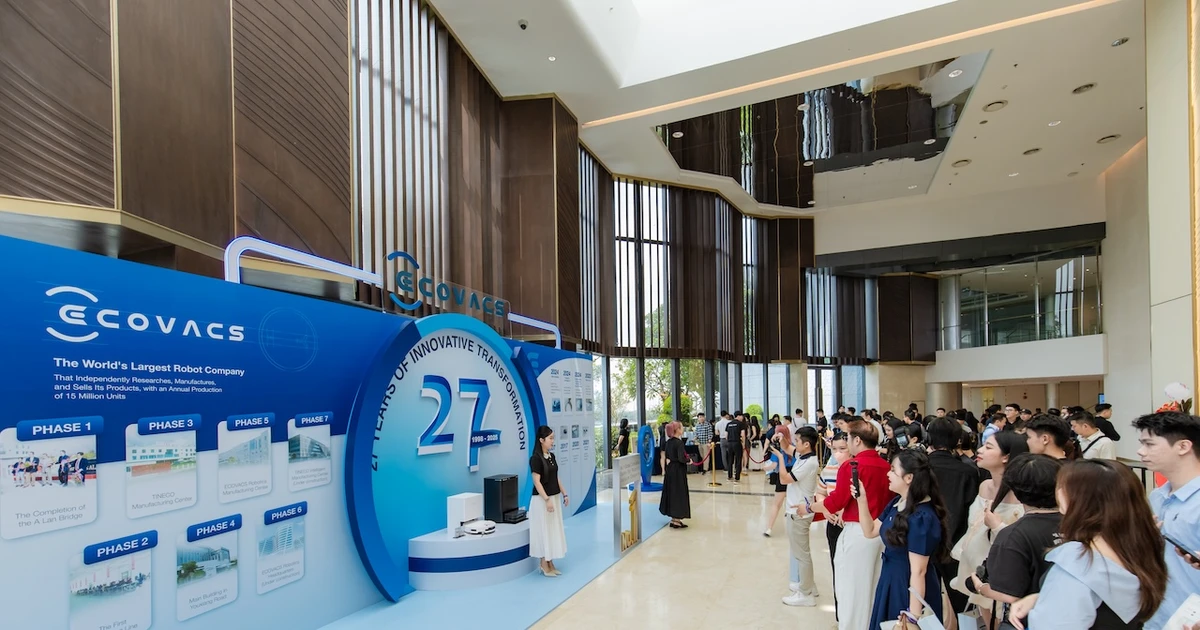





![[Photo] Promoting friendship, solidarity and cooperation between the armies and people of the two countries](https://vstatic.vietnam.vn/vietnam/resource/IMAGE/2025/4/17/0c4d087864f14092aed77252590b6bae)


























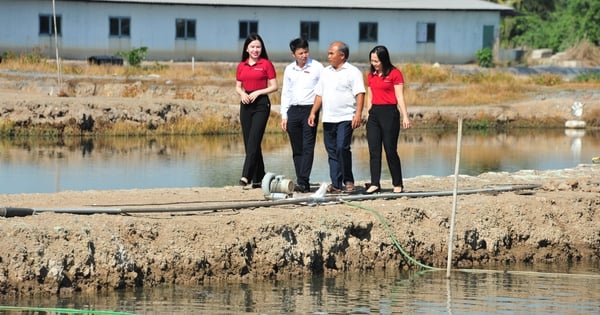





















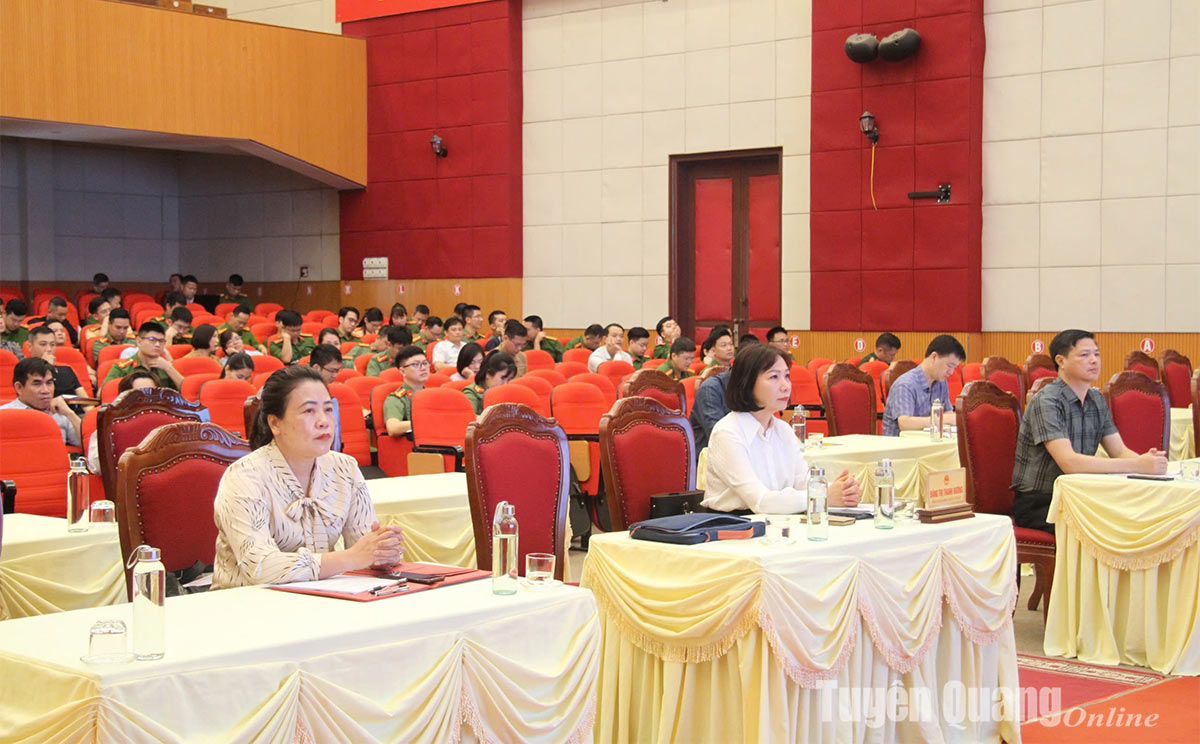













Comment (0)